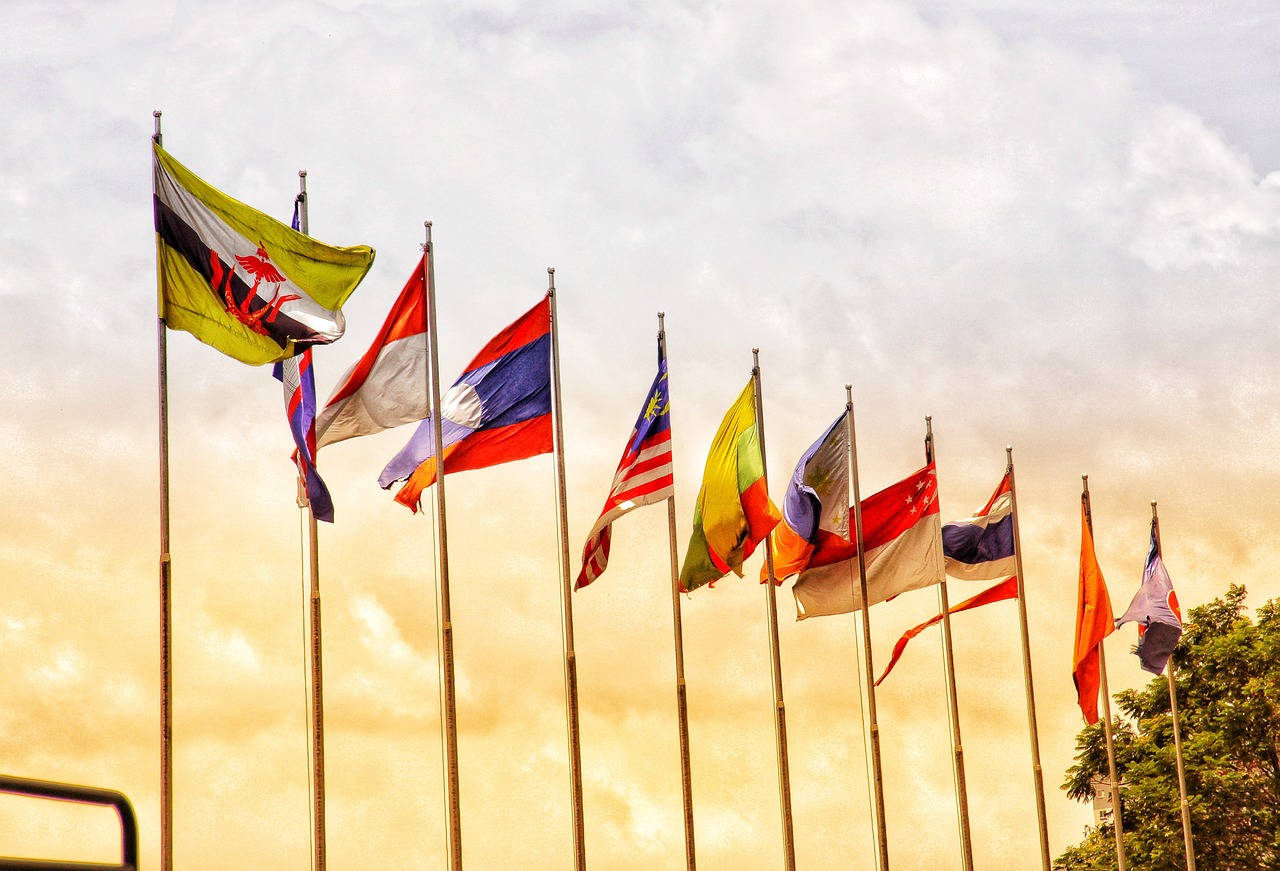In Pursuit of Inner Peace and Overall Balance
Individuals have differing abilities and needs, and many of the latter are under fulfilled. This is commonplace across the globe and leaders worldwide have been able to address this in differing measures. Much as leaders are committed to the economic and social progress of their nations and citizens, it is also in the best interests of governments to focus on areas that generally receive less coverage – areas such as inner peace, spiritual health and overall balance.
What Does Well-Being Primarily Constitute?
Central to an individual’s physical well-being is sound mental health and this is also instrumental for both emotional and spiritual well-being. An individual who is mentally healthy possesses the ability to develop and sustain harmonious relationships and contribute productively towards society. Although mental health is the cornerstone of all well-being, it is not accorded its due priority. In this regard, the first step would be to outline the scope of mental health and mental disorders. While a nation’s leaders must enact steps towards destigmatizing mental illness, it must also be understood that in certain cases, the stimuli leading to mental health problems are beyond human control. Case in point being Canada, where instances of depression are significantly higher than other developed nations. This is on account of the country’s long drawn winters.
Public Safety
Public safety is critical for citizens and this could include factors such as emergency response times and effective safety inspections. In many cases, incidences of crime are a major concern, especially in cities with high levels of violence. To a certain extent, technology can serve as an antidote in terms of advanced surveillance equipment. However, there must be a conscious effort allocated towards reducing incidences of homicides, traffic related deaths and fires. If even an 8 – 10 percent reduction is achieved on the aforementioned fronts, a Latin American hub such as Rio would register at least 300 fewer fatalities annually.
A McKinsey report suggests that ‘predictive policing, real-time crime mapping and gunshot detection’ are key deterrents in fatalities. Predictive policing alone has the potential to reduce instances of commonly witnessed crime such as armed robbery or assault by up to 40 percent. In addition, the use of synchronized traffic lights could reduce emergency response times by as much as 35 percent.

Use of Technology
Technology can be used to create safer urban spaces. It may be difficult to quantify the benefits of incorporating technology but its indirect benefits are obvious. For instance, the use of smart street lamps can deter crime in a city, allowing its residents the ability to better enjoy public spaces on account of unrestricted movement, less fear and greater mental peace. In turn, this fosters a safe community which will attract more residents and lead to higher economic activity in that particular area. Likewise, an unsafe community is associated with lower economic prospects. In fact, the tourism potential of an area is worst affected when incidents of crime or insurgency are commonplace. An apt example is Sri Lanka which became a major tourist draw after its insurgency issue was quelled.
The Role of Healthcare
Access to healthcare is a basic tenet that every citizen would like fulfilled. With increasing populations and advanced technology, there is the possibility of ensuring wider healthcare reach by means of remote patient monitoring. Remote healthcare will also enable adoption of a more efficient and preventive approach to administering remedial care for chronic conditions. This is facilitated by use of digital devices which monitor, collect and convey vital readings to doctors who could be located in an entirely different location. In the event of an abrupt deterioration in a patient’s condition, these devices can alert both patient and doctor. A timely intervention can possibly avoid both complications and expensive visits to an actual healthcare facility. Several leaders have been successful in delivering healthcare benefits to their citizens and a time tested example is the UK’s National Health Service.
Are Governments Delivering?
Governments have prioritized their efforts towards citizens’ well-being and inner peace in varying degrees. What is noteworthy though are the efforts of developed nations such as Singapore and Japan who are addressing the concerns of their ageing demographic using technology.
Elsewhere, the tiny Himalayan kingdom of Bhutan is associated with its metric of Gross National Happiness that places greater emphasis on preserving the environment than on growth and is regarded as the only carbon negative country in the world. Even pollution free air is becoming a scarce commodity and this facet must receive adequate priority before the changes can no longer be undone.
Meanwhile, the pursuit of inner peace and well-being continues for the majority of the globe’s inhabitants.



